Your resume gets you noticed. Your interview gets you accepted. Between these two critical moments lies a professional development journey that separates successful applicants from those who never receive interview invitations.
Many pre-med students treat their resume as a simple list of activities and their interview as something to wing based on personality alone. This approach fails in medical school admissions. Professional development through Master of Science in Medical Sciences (MSMS) programs provides structured support that transforms how you present yourself at every stage of the application process.
Building a Resume That Opens Doors
Medical school resumes differ from typical job applications. Admissions committees look for specific evidence of your readiness for medical training, not just a record of what you've done.
Your Resume Must Tell a Story
A strong medical school resume shows progression toward medicine through clinical exposure, research involvement, volunteer work, and leadership development. Each experience should reveal something about your growing understanding of healthcare and your commitment to serving patients.
Professional career services help you identify the narrative thread connecting your diverse experiences. You learn to present activities in ways that demonstrate increasing responsibility, deepening insight, and clear movement toward a medical career.
Quantifying Your Impact
Vague descriptions weaken your resume. Saying you "volunteered at a hospital" tells admissions committees almost nothing. Describing how you "assisted 50+ patients weekly with mobility and meal service during 200+ volunteer hours over 18 months" provides concrete evidence of sustained commitment.
Career services professionals teach you to measure and articulate your contributions. You learn to highlight specific outcomes, time commitments, and the scope of your involvement in each activity.
Highlighting Relevant Skills
Medical schools seek candidates with strong communication abilities, teamwork experience, problem-solving skills, and cultural awareness. Your resume should demonstrate these competencies through your experiences.
MSMS career services help you identify which skills each experience developed and how to present them effectively. You learn to connect undergraduate research to analytical thinking, volunteer work to patient interaction skills, and leadership roles to team management abilities.
Developing Interview Skills That Impress
A strong resume earns you an interview invitation. What happens next determines your acceptance.
Understanding Medical School Interviews
Medical school interviews assess qualities your application cannot fully capture. Interviewers evaluate your communication skills, ethical reasoning, emotional intelligence, and ability to handle pressure. They want to see if you can think critically about healthcare challenges and articulate complex ideas clearly.
These interviews include behavioral questions about past experiences, ethical scenarios requiring careful reasoning, and discussions about current healthcare issues. Some programs use Multiple Mini Interviews (MMI) with timed stations testing different competencies.
Professional Interview Preparation
Career services provide structured interview preparation that goes beyond generic advice. You participate in mock interviews that simulate actual medical school scenarios. You practice articulating your motivations for medicine, explaining difficult experiences, and handling unexpected questions.
Professional coaches help you develop authentic responses that showcase your genuine interest in medicine without sounding rehearsed. You learn to strike the balance between confidence and humility that medical schools value.
Mastering Behavioral Questions
Behavioral interview questions ask you to describe past experiences that demonstrate specific qualities. "Tell me about a time you faced a challenge" or "Describe a situation where you worked with a difficult team member" require thoughtful, structured responses.
The STAR method (Situation, Task, Action, Result) helps you organize compelling answers. Career services teach you to use this framework while maintaining conversational tone and genuine reflection on what you learned.
Handling Ethical Scenarios
Many medical school interviews present ethical dilemmas to assess your reasoning process. These scenarios have no single correct answer. Interviewers want to see how you think through competing values, consider different perspectives, and articulate your reasoning.
Professional preparation helps you develop frameworks for approaching ethical questions. You practice considering patient autonomy, beneficence, non-maleficence, and justice while showing respect for diverse viewpoints.
The Professional Development Journey
Professional development for medical school applications isn't about manufacturing a false persona. It's about developing genuine skills and learning to present yourself effectively.
Communication Skills That Serve You Beyond Applications
The communication abilities you develop during application preparation serve you throughout medical school and your career. Learning to articulate complex ideas clearly, listen actively, and present yourself professionally are fundamental physician competencies.
MSMS programs integrate communication training throughout your coursework and career services interactions. You practice these skills repeatedly in low-stakes environments before facing actual interviews.
Building Confidence Through Preparation
Many qualified students underperform in interviews because of anxiety and lack of preparation. Confidence comes from knowing you've practiced extensively and understand what interviewers seek.
Mock interviews with feedback help you identify and correct weaknesses before they matter. You learn what works in your responses and what needs improvement. This preparation transforms nervous applicants into confident candidates.
Understanding Program-Specific Expectations
Different medical schools prioritize different qualities in applicants. Some emphasize research experience, others value community service, and many seek students committed to underserved populations.
Please note that you will have to research specific programs and tailor your interview approach accordingly. You learn which aspects of your background to emphasize for different schools while remaining authentic.
Connecting Resume and Interview Success
Your resume and interview performance must align. Inconsistencies between what you've written and how you present yourself raise concerns.
Preparing to Discuss Your Resume
Interviewers will ask about experiences listed on your resume. You should be prepared to discuss any activity in detail, explain what you learned, and connect it to your interest in medicine.
Professional preparation includes reviewing your resume thoroughly and developing talking points for each significant experience. You practice explaining gaps, transitions between activities, and how different experiences contributed to your development.
Turning Resume Items Into Compelling Stories
Every item on your resume represents a potential interview story. Career services help you identify which experiences showcase important qualities and how to present them compellingly.
You learn to move beyond simple descriptions to reflective narratives that demonstrate growth, insight, and readiness for medical training.
The Long-Term Benefits
The professional development you gain through MSMS career services extends far beyond medical school acceptance.
Skills That Define Successful Physicians
The ability to present yourself professionally, communicate clearly, and reflect thoughtfully on your experiences are core physician competencies. Developing these skills early prepares you for medical school interviews, residency applications, and eventual patient interactions.
Students who invest in professional development don't just get into medical school more frequently. They enter with communication skills and self-awareness that help them succeed from day one.
Building a Foundation for Your Medical Career
Professional development through MSMS programs provides more than application support. It offers a structured environment to develop the habits, skills, and mindset that distinguish excellent physicians.
The resume-building and interview skills you develop represent just one component of comprehensive professional preparation that positions you for long-term success in medicine.
Taking the Next Step
If you've struggled to articulate your experiences effectively or feel unprepared for medical school interviews, professional development through an MSMS program can transform your candidacy.
Rather than hoping your resume will somehow stand out or that interviews will go well based on personality alone, you can develop the concrete skills and strategic understanding that make acceptance likely.
Your path from resume to interview to acceptance doesn't depend on luck. It depends on professional development that positions you as the candidate medical schools actively seek.



